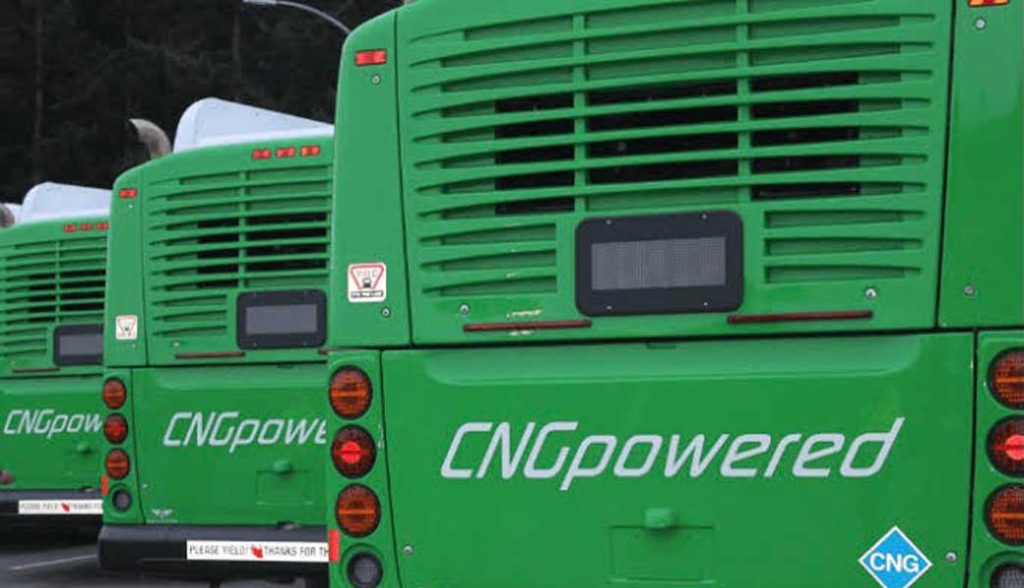The Presidential Compressed Natural Gas Initiative (PCNGI) has launched a significant initiative to mitigate the impact of fuel subsidy removal on Nigerians: a 40% reduction in transport fares for commuters using CNG-powered taxis. This initiative, spearheaded by PCNGI CEO Michael Oluwagbemi, aims to provide immediate financial relief to the public and encourage the adoption of CNG as a cleaner and more economical alternative to petrol. The fare reduction, implemented in collaboration with the National Union of Road Transport Workers (NURTW), took effect immediately at the Area One Motor Park in Garki, Abuja, with plans to expand to other parks across the city and eventually nationwide. This pilot program serves as a testament to the government’s commitment to easing the burden of rising transportation costs on citizens.
The substantial price reduction is a direct result of the successful conversion of over 50% of vehicles at the Area One Motor Park to CNG. This conversion allows drivers to significantly reduce their operational costs due to the lower price of CNG compared to petrol. The PCNGI, working closely with the NURTW, negotiated the fare reduction to pass these savings directly to commuters. This collaborative effort demonstrates the shared commitment of both government and transport unions towards alleviating the financial strain on the public. The success of this pilot program in Abuja is expected to pave the way for nationwide implementation, offering reprieve to commuters across the country.
To illustrate the impact of the initiative, specific examples of the new fares were provided. Journeys from Area One to destinations such as Gwagwalada, Bwari Dutse, and Zuba, previously costing N1,500 with petrol-powered vehicles, are now priced at N900. Similarly, fares to Kuje have been reduced from N1,200 to N720, and trips to destinations like Galadimawa, Mpape, Lugbe, Jabi, Wuse, Nyanya, Kabusa, and Apo have also seen significant reductions. These examples highlight the tangible benefits of the initiative, offering substantial savings to commuters across various routes. This price reduction makes public transport a significantly more affordable and attractive option, especially for those who rely on it daily.
To ensure the effectiveness and sustainability of the program, a dedicated task force comprising members of both the PCNGI and NURTW has been established. This task force is responsible for monitoring compliance with the new fare structure and taking appropriate action against drivers who fail to adhere to the reduced rates. CNG stickers and the revised price lists are prominently displayed on converted vehicles to inform passengers and empower them to report any discrepancies. This transparency and accountability mechanism aims to protect commuters from exploitation and ensure that the intended benefits of the program are realized. The involvement of the NURTW in the task force demonstrates their commitment to enforcing the new fares and ensuring the success of the initiative.
The NURTW has expressed strong support for the fare reduction, recognizing the significant cost savings associated with using CNG compared to petrol. The union commended the President’s efforts to alleviate the hardship faced by Nigerians due to the fuel subsidy removal. They emphasized the substantial difference in operational costs, noting that the same volume of CNG costs considerably less than petrol, allowing drivers to maintain their earnings while offering lower fares. The NURTW’s proactive involvement in the initiative, including the establishment of their own monitoring system, underscores their commitment to its success and their shared goal of providing affordable transportation to the public.
The PCNGI also addressed concerns regarding CNG availability, assuring the public that efforts are underway to expand the network of CNG stations across the country. With ten existing stations in Abuja and two more expected to come online soon, the initiative is actively working to increase access to CNG and reduce waiting times at refueling stations. Furthermore, the government’s commitment to expanding CNG infrastructure demonstrates its long-term vision for sustainable transportation and its dedication to mitigating the effects of fuel subsidy removal on the Nigerian populace. This long-term strategy aims to make CNG a viable and accessible alternative to petrol, further contributing to reduced transportation costs and a cleaner environment.














